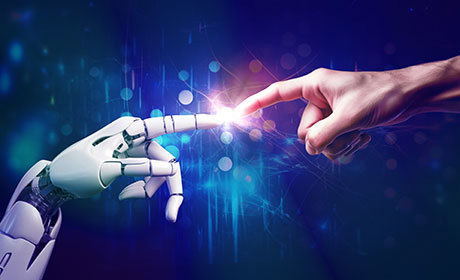Where to invest
Given this, it is not too surprising that some of the best investment opportunities, in my opinion, lie in the big players in data storage and processing. A precondition of generative AI is having data stored in the cloud, and this naturally suits the largest companies in this space: Amazon Web Services, Google Compute Platform and Microsoft Azure.
There are also potentially tremendous opportunities from companies producing the components that go into those data centres. Nvidia has seen an incredible share price performance over the past couple of years, while firms such as TSMC, Samsung and Micron are also world-class technology companies, developing core components such as memory solutions and chips.
Then there are companies which can infuse AI into their software, such as Salesforce, Microsoft, Intuit and SAP. The firms have the benefit of operating in a ‘sticky’ market, where it is difficult for people to move to competitors. Critically, these companies also have large amounts of data and knowledgeable AI scientists giving them that all-important expertise.
It is important to note that the ethics around AI and the sustainability implications remain at an early stage. As is often the case with technology regulation, it is challenging because regulators are trying to develop laws for today but, by the time the legislation has been passed, the technology has moved on significantly.
Sustainable?
Energy consumption is the biggest factor from a sustainability point of view. In Dublin, which has one of the biggest data-centre footprints in Europe, 40% of the city’s energy is used to power these centres. I’ve questioned whether Microsoft can deliver AI and still achieve its sustainability commitments. We will need to monitor this situation, to ensure sure that these big players are staying true to their targets.
The creation of AI research centres by nation states poses a geopolitical risk, in a manner not too dissimilar from cyber warfare, something which we have seen in Russia’s invasion of Ukraine. It is therefore vital that cyber security protects not just companies but also countries’ utilities and infrastructure.
In conclusion, businesses and individuals need to explore what AI could offer them, if they are to receive any of the potential productivity benefits. It is imperative to understand the tool and its capabilities, so that it becomes something which can be embedded in the way we run our lives.
Substituting human capital is nothing new. The printing press, the plough and the steam engine all revolutionised work, showing how good technology is at performing more mundane tasks.
Generative AI can get us to the start line quicker, allowing the automation of more processes. But it’s important to understand its limitations. So be curious and find ways of using it for yourself.
